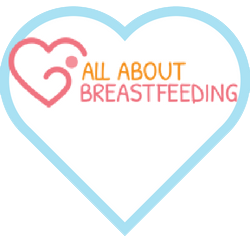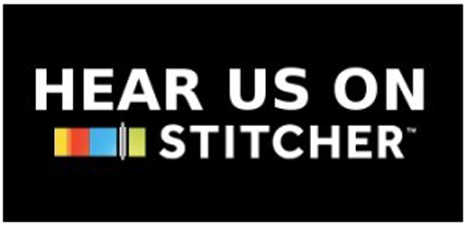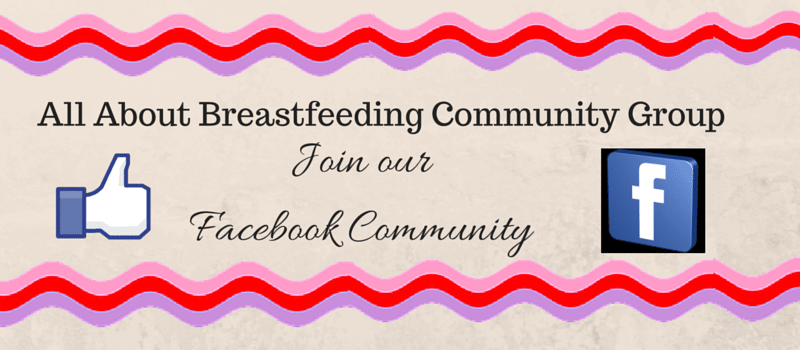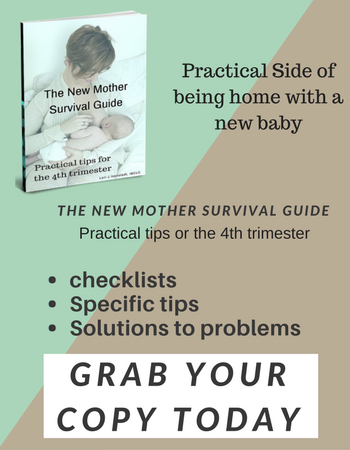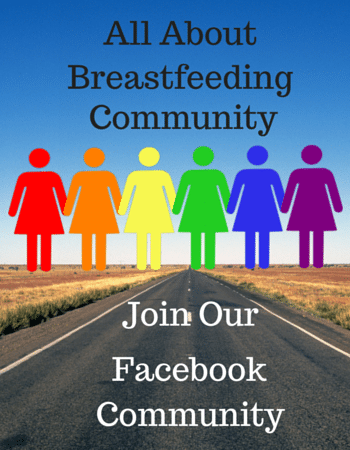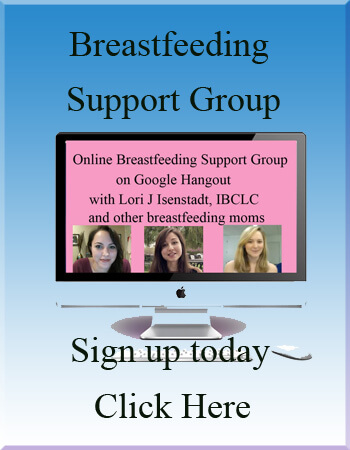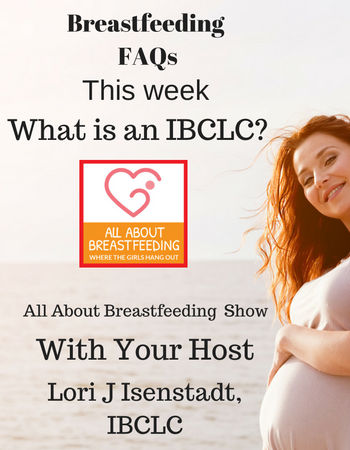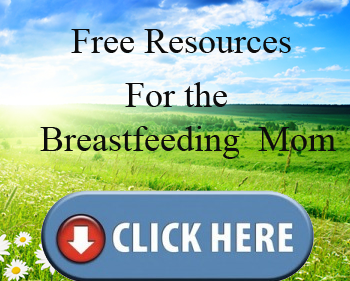Esther Gallagher
Her Story.
Introduction:
Esther Gallagher is Sarah Trott’s co-host at Fourth Trimester Podcast and she is finding this project to be a source of fulfillment on personal, social and political levels. Her calling is to support new families during the transition to parenthood and participate in culture-change through educating Americans about the lost legacy of new-family support. She is the mother and mother-in-law of three grown ups and grandmother of one wonderful kid!
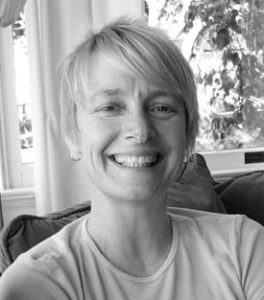 Esther has been a professional doula for 25 years in the San Francisco Bay Area in the United States and has been involved with birth and postpartum work since she was 18 years old. She studied Midwifery, Anthropology and Philosophy and has found them all to be pretty handy in life. She is a member of the SFDoulaGroup and offers consultation in addition to doula services.
Esther has been a professional doula for 25 years in the San Francisco Bay Area in the United States and has been involved with birth and postpartum work since she was 18 years old. She studied Midwifery, Anthropology and Philosophy and has found them all to be pretty handy in life. She is a member of the SFDoulaGroup and offers consultation in addition to doula services.
Background:
Esther tells us that she was inspired to be involved with birth at a very early age. She asked her mom how she was born and how she was fed. Her mom told her in positive terms and did not edit out the parts that were difficult. She told her that she always wanted to have homebirths but they just weren’t really doing it that way. She heard about her birth and what life was like postpartum. Her mom told her that she did not get to see her for the first 2 hours after the birth because she was under the influence of gas. This caused her great distress and she remembers saying to herself that noone is going to do that to her and her baby. This was her thought process at the tender age of 8 years old.
During her high school years in Northern California, she was asked by her counselor what she was going to do in college. She immediately answered that she did not know what she was going to do in college, but she did know that she wanted to work with moms and babies. The counselor said: Oh, then you want to be an obstetrician. Esther said: No way, I do not want to be an OB.
During high school, she came down with mononucleosis, became quite depressed and was quite vulnerable. She met her daughters father, became pregnant at 17 years old and followed him to Santa Cruz. She was sure she wanted to have this baby. This put her in the center of one of the hubs of homebirth and midwifery, so she was able to have her baby at home. This is not something Esther planned. Things just worked out this way. Her mom did not live close to her as she had a career back in Northern California. She was able to spend a few days with her, however, needed to return home before her baby was a week old. Esther did not have the postpartum help she knows now that she needed.
What she needed was longer term postpartum care. Optimally, it would have been her mother, who adored her. She realizes that this is so important to have someone who loves you, be with you as you start your journey with the baby you love. Esther says she would have loved to have someone instruct the father of her baby, on how he can be most helpful to her. She feels he was not much of a partner and it would have been helpful for him to not come and go as he pleased and rather be there for her all day. She had noone to make her meals. She had little food in the fridge and meals were only had, if she were to cook for herself. Her midwife did help some, but of course, she had a life of her own. Esther knew early on that when she had a baby she was going to breastfeed “come hell or highwater.” And she says: ” I had hell and highwater. Her mom did not breastfeed, and she knew of noone who had, so she had no breastfeeding support.
We talked about the important need for women to be cared for during the postpartum period. She knows she did not get what she needed. While she did not know exactly what she needed, she may not have been good about asking for help. Esther grew up with similar family ethics to me. She grew up in a family in which you just took care of yourself and did not ask for help. Based on her mothers stories, Esther did not have any concerns about pregnancy and birth. She knew just enough to be a bit concerned about postpartum life, but really did not know enough. Depression runs in her family and she knows that things could have been better postpartum as she did struggle, but did not know who to or how to ask for help.
Esther had made friends with one other mom who lived down the block. She had a whole extended network of midwifery friends because she was a student midwife. While she did not have family support, her friend did have a community of friends who could help her postpartum. Esther is very grateful for this one friend and for living close to the beach – as she says this is what saved her. Esther and her friend looked out for each other, helped each other, learned about new
motherhood with each other and occasionally breastfed each other babies.
We had a great discussion about doulas and how this profession came about. Several generations ago, female family members were the new mothers doula. Birth moved to the hospital, families living further apart all contributed to the need for postpartum doulas.
Esther highly recommends the book, The Big Letdown, How Medicine, Big Business, and Feminism Undermine Breastfeeding by Kimberly Seals Allers. She was a guest on the Fourth Trimester and she shared her thoughts about the importance of having the community support of breastfeeding.
Breastfeeding experience:
After her wonderful homebirth, her baby immediately went skin to skin. She latched on pretty quickly and Esther was so excited. It did hurt, but she was so happy that she did latch on. She quickly developed blisters and scabs and extreme pain with breastfeeding She experienced very painful letdown and describes it feeling like. She was also taking it in her stride, because this is just what she learned to do. She is grateful that her daughter was pretty tenacious about wanting to breastfeed, otherwise she felt that she would not have continued. Esther describes the early weeks as a struggle, quite stressful and painful breastfeeding.
She was told during her pregnancy that breastfeeding was going to hurt, that she had to toughen up her nipples. This advise was not helpful to her. Postpartum, she found it helpful to her midwife to explain to her how the nipple healing recovery would progress and she found it helpful to know that it would get better. Esther feels that she had a sense of everything is headed in the right direction by the end of the first week and a half/second week. By the end of the second week, while she was still experiencing severe let down pain, she had become accustomed to this sensation. Eventually, it was not pain, it was a zingy sensation of breastfeeding, and she came to a point of enjoying breastfeeding. Esther also expresses feeling good about her experience, as breastfeeding taught her more about her breasts and nipples then she ever would have learned about her breasts, had she not breastfed.
Esther loves this saying:
“I make milk. What’s your superpower.”
She weaned each baby at about 27 months. Esther states that if things were different now, if she had community support that really valued breastfeeding, she would have allowed her babies access to the breasts for as long as they wanted. She surmises this would have been close to 4 years as this is the global norm. She understands now about gut health and all the other benefits that she did not know about years ago.
At 27 months, her babies were breastfeeding perhaps once or twice a day. She felt pretty much tapped out and they did well with the weaning process. This worked well for her but if she had to do it all over again, she would have not purposefully weaned them.
When she is supporting new moms, she makes sure to tell the moms that she is with them, we are going to be checking on you every day. If it is not getting better in a timely fashion, I can refer you to an IBCLC who can come to your home.
Esther’s work as a doula
:
What 3 things do you share with moms about breastfeeding:
1. I will be seeing you on a day to day basis so we can troubleshoot immediately. We can get you on a plan right away if breastfeeding should be challenging.
2. Breastfeeding is usually somewhat challenging in small or large ways in the first 6 weeks. However, it is likely that you will get through these challenges and feel like you have “made it.” by the 6th week or so. She likes to put “breastfeeding success into perspective.”
3. You need to be well fed and well watered during this time period ( this 24 hour cycle of parenthood). Begin to think how you will accomplish this goal of being well nourished and well taken care of during this fourth trimester.
IBCLCs are highly trained in breastfeeding challenges and do not be afraid to call on them when you need them. It does cost some money, however, this will be money better spent then a materialistic item that will not help you with breastfeeding.
Lori compliments Esther on the anticipatory guidance she gives parents about breastfeeding, as well as knowledge about the pregnancy and birth recovery time and to be realistic with this time period also.
The podcast – The Fourth Trimester:
Esther shares the story behind the birth of her podcast. How she and her co-host met and why she recommends her podcast. She explains the importance of good care during this time period. She believes that doula care and lactation care go really well together in helping moms get off to a good pp start. Listening to podcasts, learning about breastfeeding, postpartum and new motherhood. This is how we create culture change. Some excellent suggestions were made for parents to save money ahead of time to help pay for lactation services. Esther also gives an excellent suggestion to pay it forward. Help a mom in your community who may not otherwise be able to afford breastfeeding help.
Contact info:
http://www.fourthtrimesterpodcast.com/
http://www.fourthtrimesterpodcast.com/newsletter.html
https://www.facebook.com/fourthtrimesterpodcast
placentaeg@gmail.com – Esther’s email
esthergallagher.com – Media page

listen Now
Lori J. Isenstadt, IBCLC
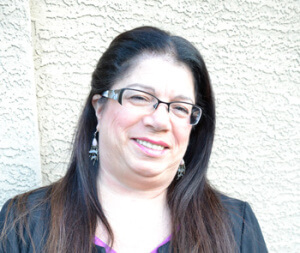 Lori Jill Isenstadt, IBCLC is a huge breastfeeding supporter. She has spent much of her adult life working in the maternal health field. Once she became turned on to birth and became a childbirth educator, there was no stopping her love of working with families during their childbearing years. Lori became a Birth doula and a Postpartum doula and soon became a lactation consultant. She has been helping moms and babies with breastfeeding for over 25 years. Lori founded her private practice, All About Breastfeeding where she meets with moms one on one to help solve their breastfeeding challenges. She is an international speaker, book author and the host of the popular itunes podcast, All About Breastfeeding, the place where the girls hang out. You can reach Lori by email at: [email protected] or contact her via her website: allaboutbreastfeeding.biz/contact
Lori Jill Isenstadt, IBCLC is a huge breastfeeding supporter. She has spent much of her adult life working in the maternal health field. Once she became turned on to birth and became a childbirth educator, there was no stopping her love of working with families during their childbearing years. Lori became a Birth doula and a Postpartum doula and soon became a lactation consultant. She has been helping moms and babies with breastfeeding for over 25 years. Lori founded her private practice, All About Breastfeeding where she meets with moms one on one to help solve their breastfeeding challenges. She is an international speaker, book author and the host of the popular itunes podcast, All About Breastfeeding, the place where the girls hang out. You can reach Lori by email at: [email protected] or contact her via her website: allaboutbreastfeeding.biz/contact
Submit a comment
your email address will not be published
